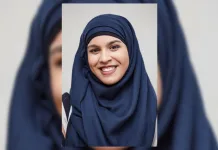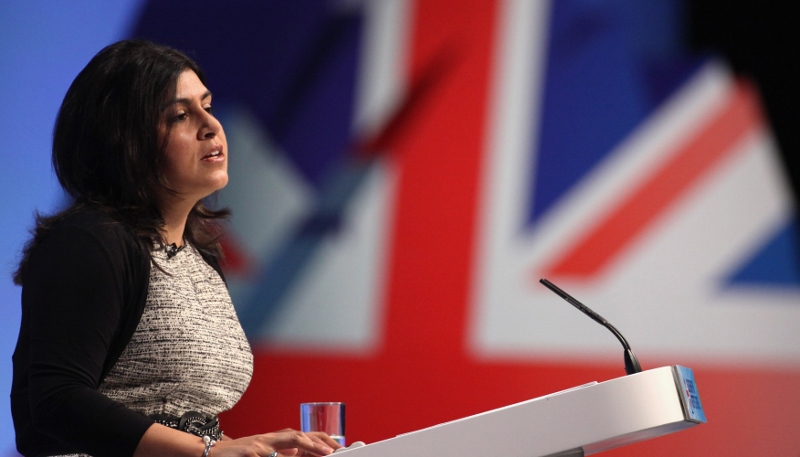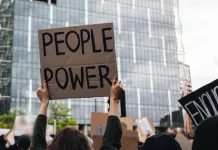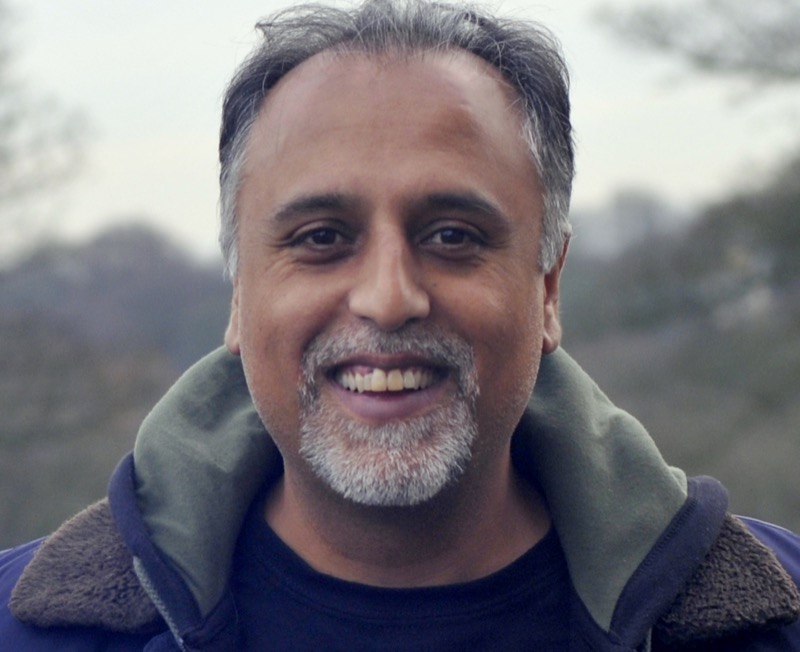Sofia Mahmood has worked extensively in Bradford for over 19 years to counter radicalisation and extremism as well as Islamophobia
A Bradford woman at the helm of a counter radicalisation and extremism consultancy, says research shows a greater risk of radicalisation as children and young people are spending more time online during the pandemic.
Sofia Mahmood, founder and director at Empowering Minds and organisation that seeks to tackle radicalisation, grooming and child sexual exploitation, helps individuals and organisations engage, educate, and inspire individuals and organisations through diversity, cohesion, and citizenship training.
Her latest series of workshops ‘Mothers Against Radicalisation’, began on 11th January, and aim to empower mothers to spot the signs of radicalisation and stand up to hatred.
Her organisation also helps spot the signs of radicalisation and grooming – whether it comes from a religious extremist group, a far-right group, or by any other.
“We encourage people to have those ‘difficult conversations’ in a safe and confidential environment,” says Sofia.
“Having these conversations, are vital in order to improve understanding what our children are exposed to, and to encourage interfaith community relations.”
There is now more need than ever to combat intolerance following an 8% increase in hate crime between 2019-2020 (Home Office statistics) and that risk of radicalisation may increase as the pandemic drives more young people online.
Sofia adds that she is determined not to let the pandemic interrupt the vital work she is doing in her community, and so, the Empowering Minds workshops are happening online.
The renowned programme, which has trained more than 450 mothers, aims to educate and empower to challenge intolerance and the dangers of extremist behaviour.
The six-week programme also focuses on creating an open dialogue with mothers to instil confidence in having difficult conversations with their loved ones as, Sofia believes, the first people to suspect something is wrong with others are often those closest to them.
She adds: “Mothers know their children better than anyone and so they are essential in helping to spot the signs of radicalisation. This is why we are determined to reach out and invest in mothers to equip them with the right tools and skills.
“Women from all sorts of backgrounds sign up to our free workshops – they include housewives, dinner ladies, career-break women as well as professionals, and even grandmothers since they are often the one’s often looking after the children while both parents are working.
“As a community we need to provide a strong sense of belonging to prevent anyone becoming a victim of radicalisation, especially during lockdown where online extremism has been at its worst.”
A group of Empowering Minds ambassadors have been undertaking Parliament training on effective campaigning across issues such as mental health, inequality, safeguarding and education. This training compliments Empowering Minds’ work as the women can continue to discuss authentic sentiment and experiences which helps to bridge the gaps between communities.
The Empowering Minds workshops are open to all women across The North of England. To find out more, visit: https://empoweringminds.co.uk/















